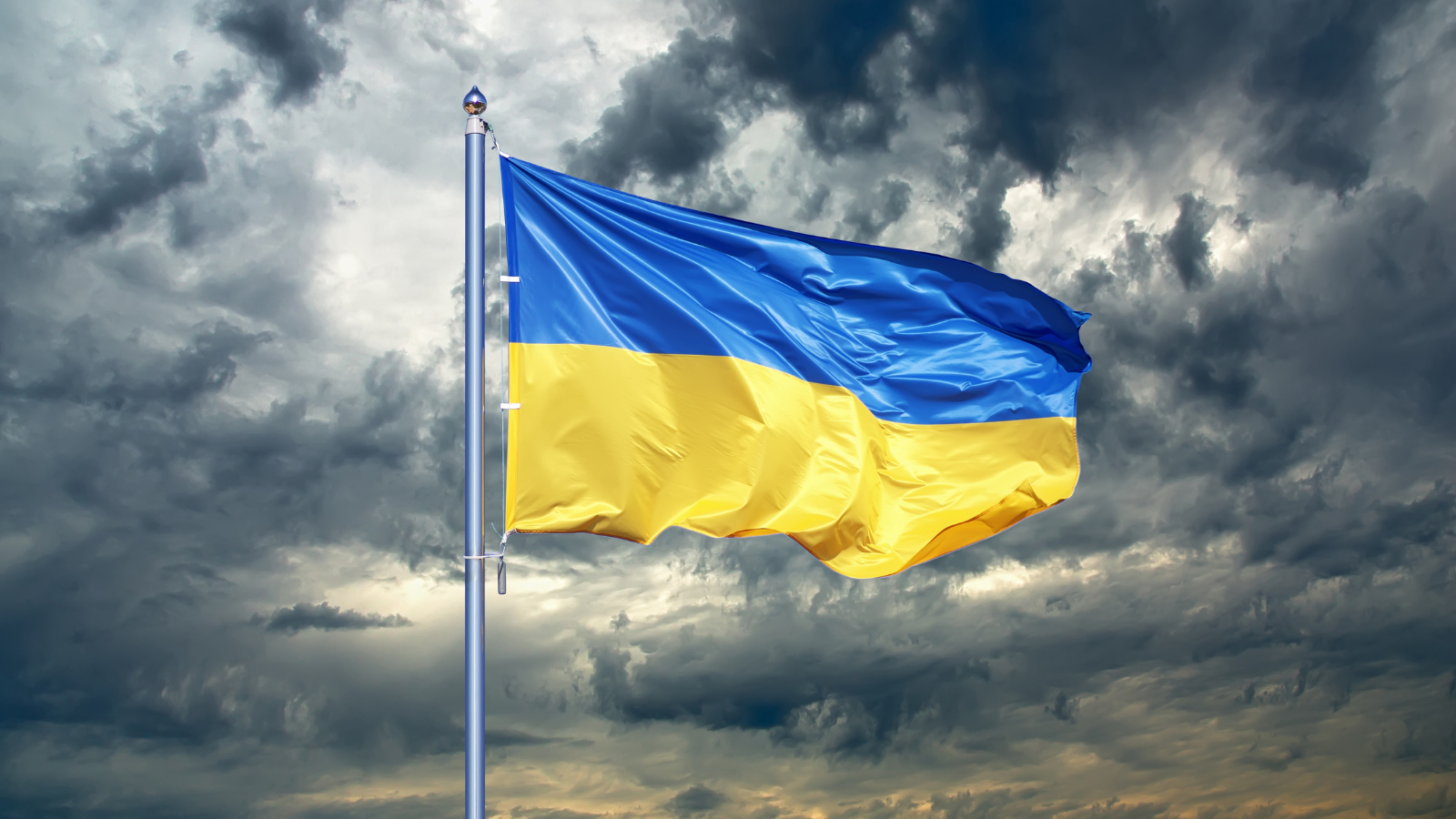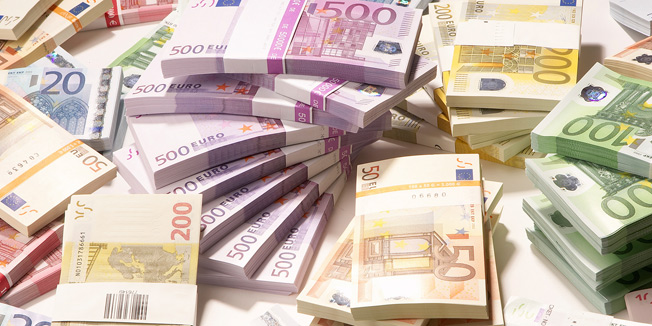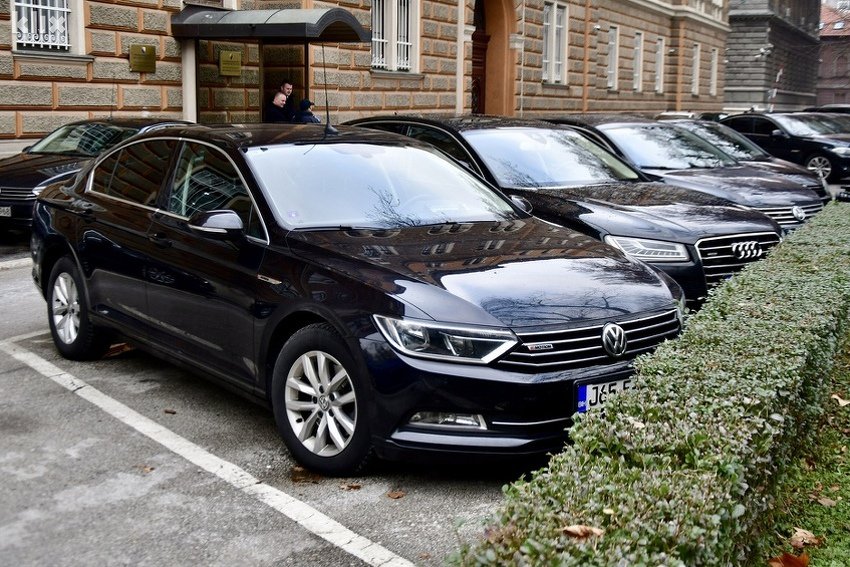The sports brand Puma is ending its sponsorship of the Israeli national football team, the Financial Times announced.
The company’s decision not to renew its contract with the Israel Football Association was reportedly made a year ago, the paper said, citing internal memos and unnamed sources.
It was said that the decision was not related to the boycott calls and was made for financial reasons.
The move means Puma will not be supplying the Israeli team with jerseys next year.
It is also stated that the company is suspending work with other national teams, such as Serbia.
Puma did not subsequently announce the decision.
Some pro-Palestinian activists have accused the brand of supporting Israeli settlements in the West Bank, which Puma denies.
In recent years, activists have organized protests in front of Puma stores.
The call for a boycott of this brand’s products has intensified since the start of Israel’s war against Hamas.
Please use the sharing tools found via the share button at the top or side of articles. Copying articles to share with others is a breach of FT.com T&Cs and Copyright Policy. Email [email protected] to buy additional rights. Subscribers may share up to 10 or 20 articles per month using the gift article service. More information can be found here.
https://www.ft.com/content/93014af0-80bc-4b53-bb4a-a621d8c932b0
The partnership signed in 2018 triggered a boycott campaign, with activists accusing Puma of supporting Israeli settlements in the West Bank — considered illegal by most of the international community — given the IFA includes clubs based in such settlements.
Puma has rejected the allegations, saying that it only sponsors the national team and not club-level activities.
The brand’s stores in some western cities have been targeted with demonstrations in recent weeks, highlighting the pitfalls that geopolitical issues can create for multinational companies. Following a similar backlash from pro-Palestinian activists in 2021, Ben & Jerry’s announced it was “inconsistent with our values for Ben & Jerry’s ice cream to be sold in the Occupied Palestinian Territory”.
Its owner Unilever eventually sold the local branding rights to a licensee, which continues to sell the ice cream in the region. However, Puma’s decision to ditch Israel’s national football team was made for financial reasons, according to people familiar with the internal discussions who said it was part of a broader “fewer-bigger-better” strategy to become more selective in sports marketing.
Puma, which lost its most prominent national team Italy to Adidas in 2022, will announce a new partnership with a high-profile squad soon, according to the memo.



















